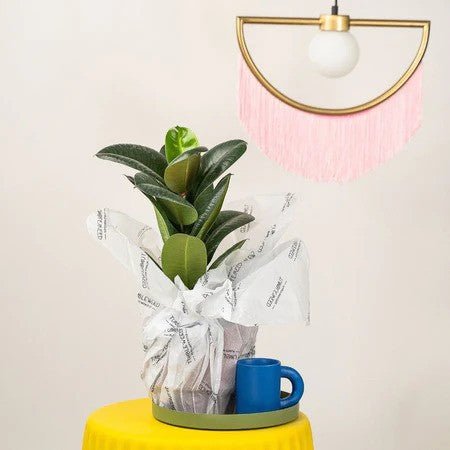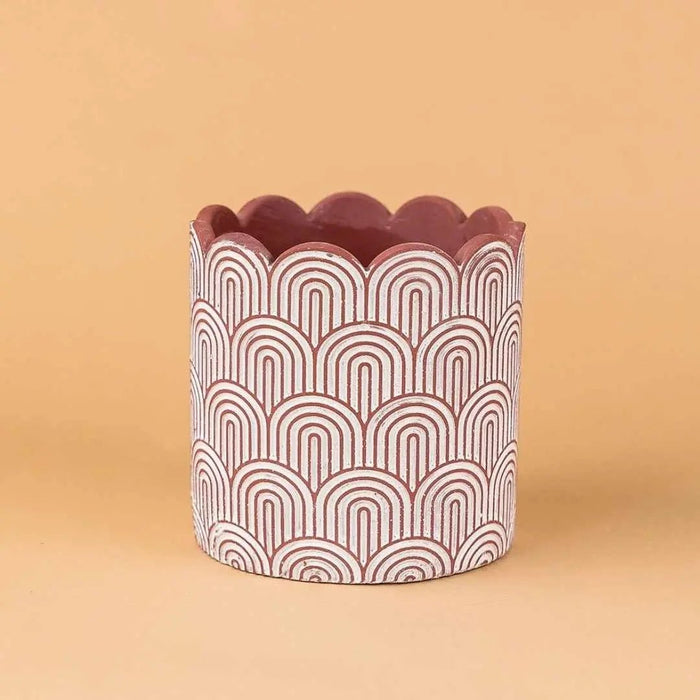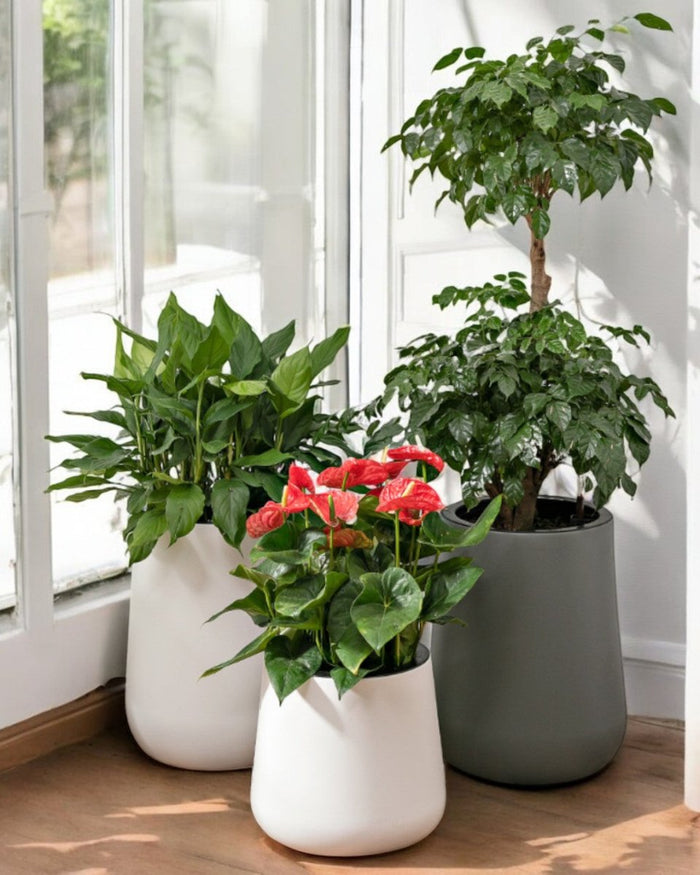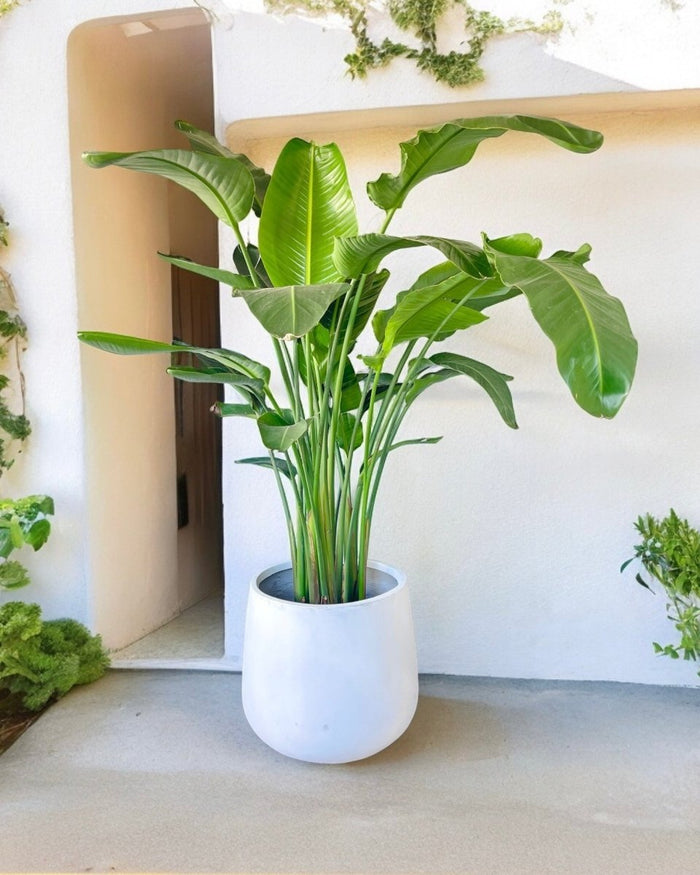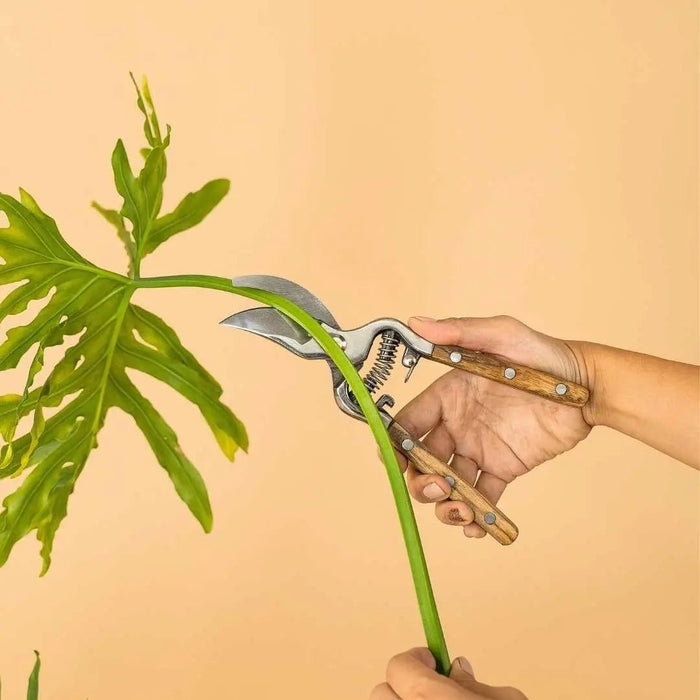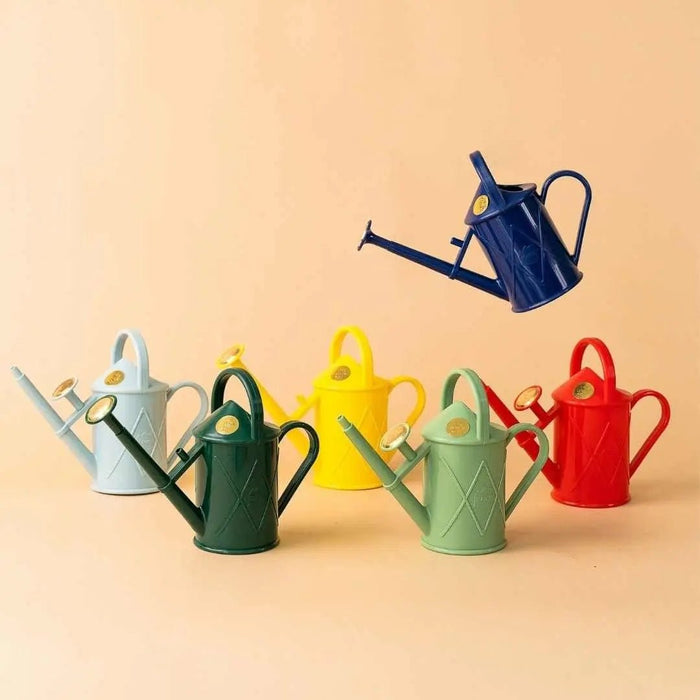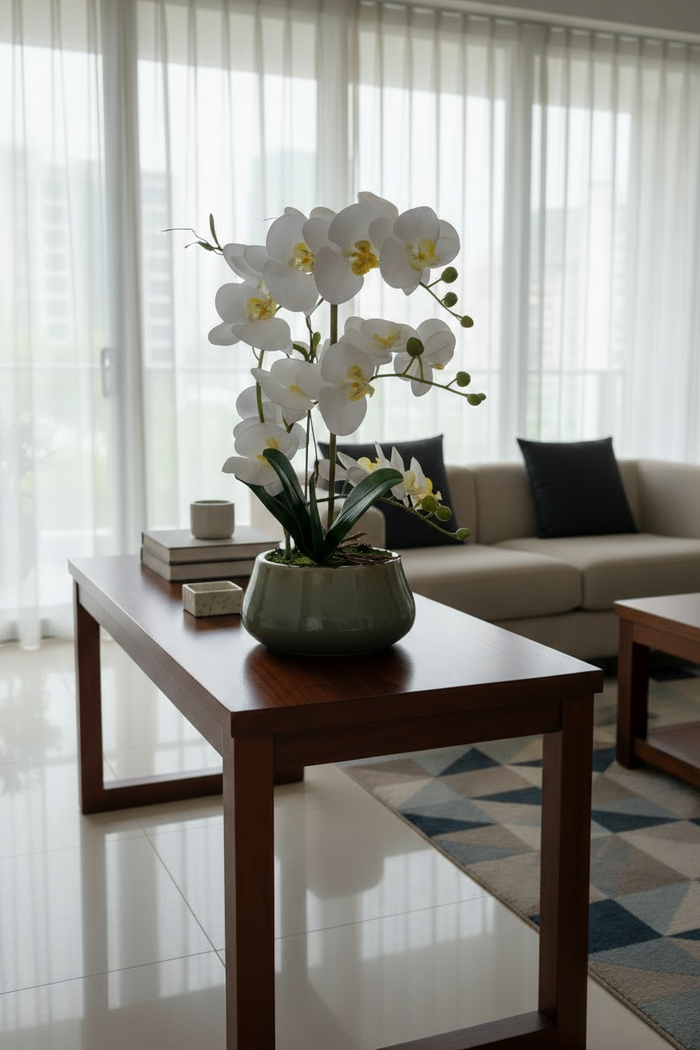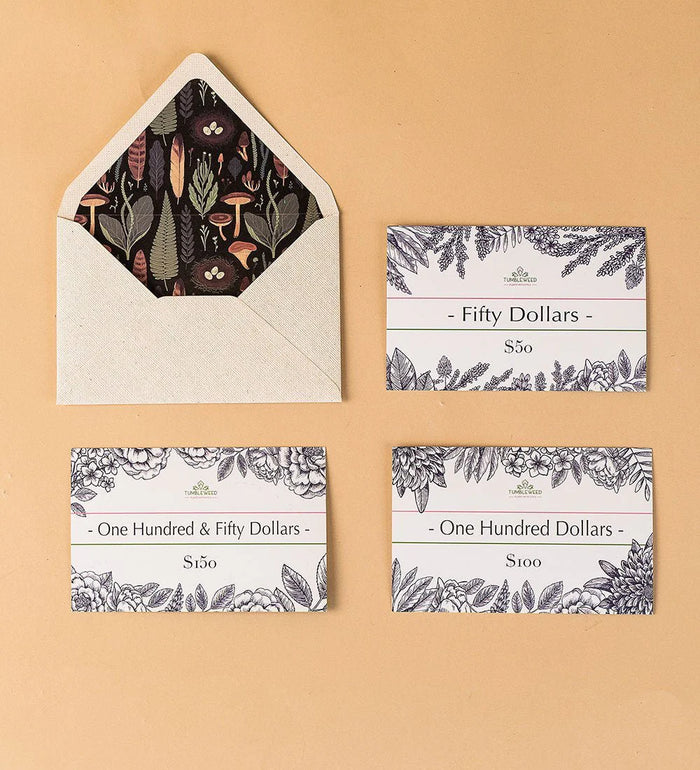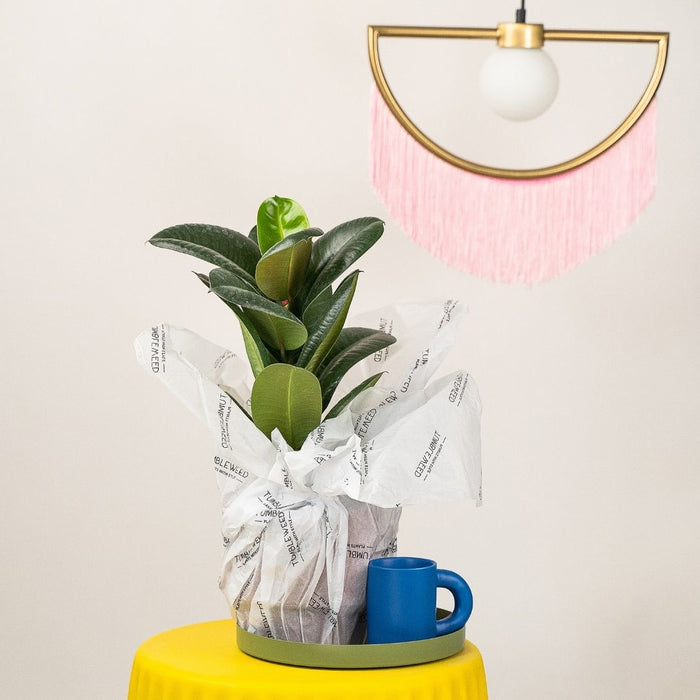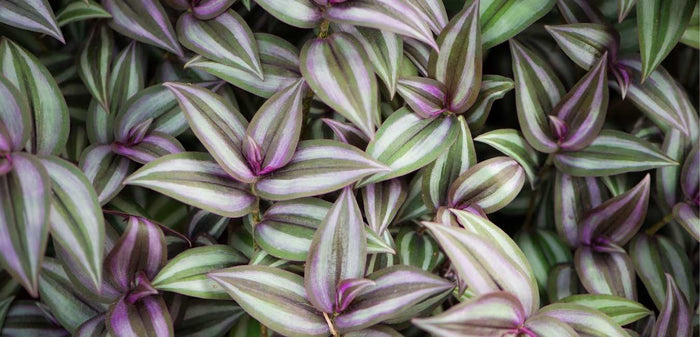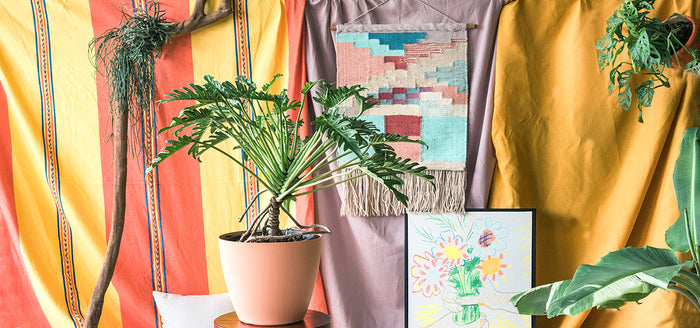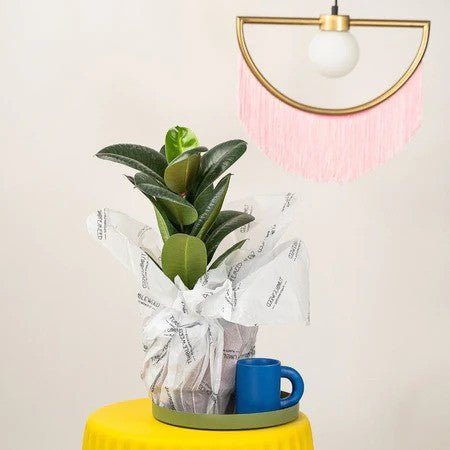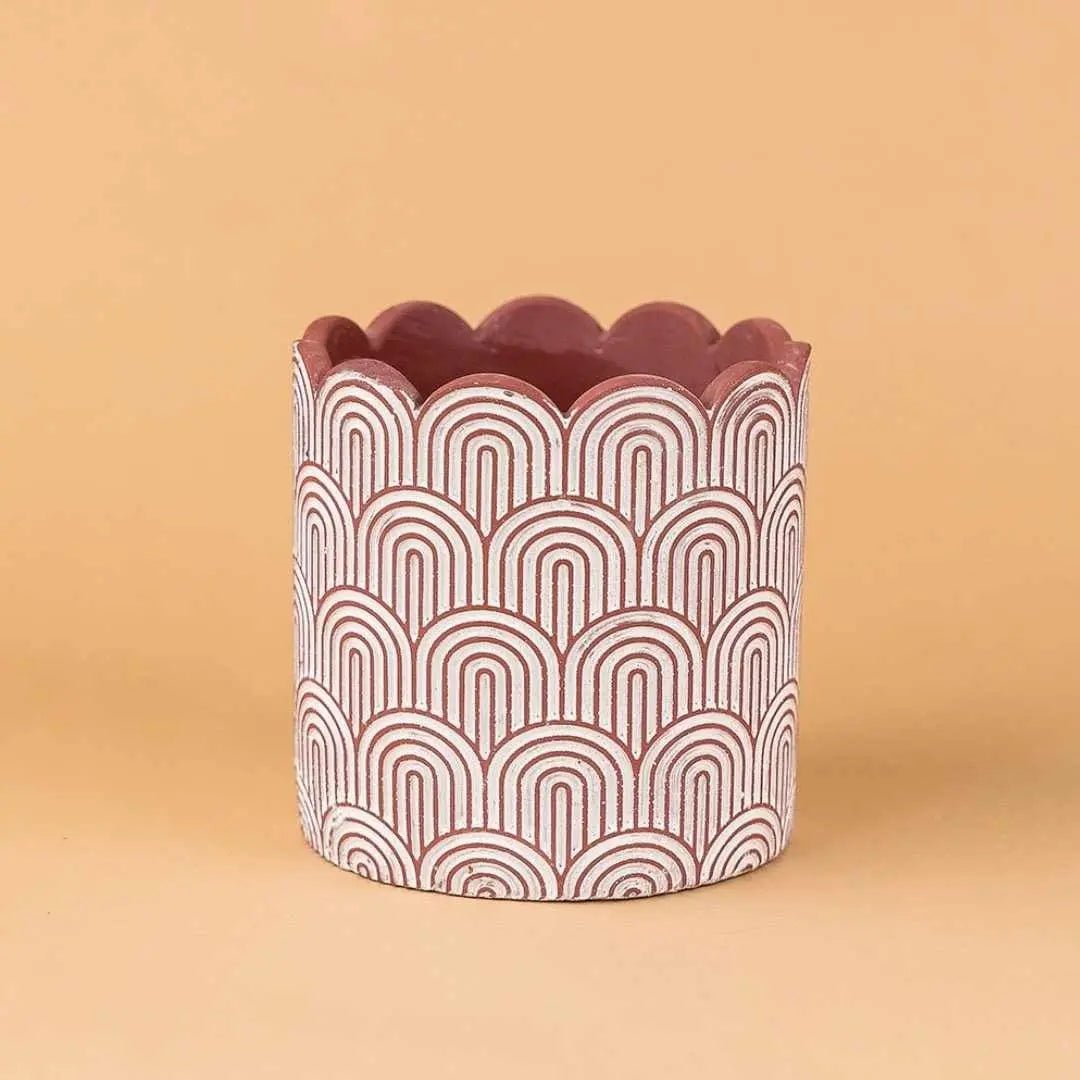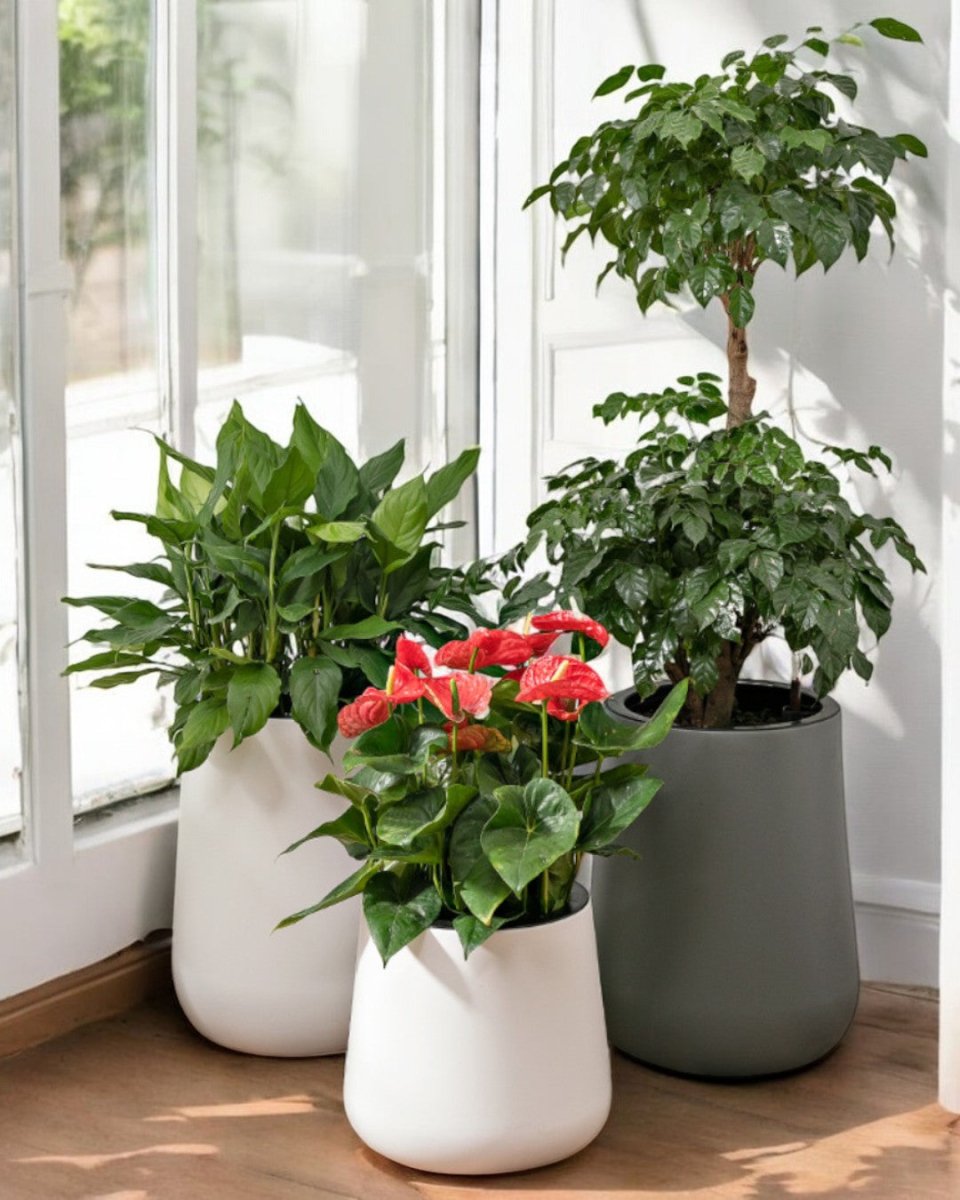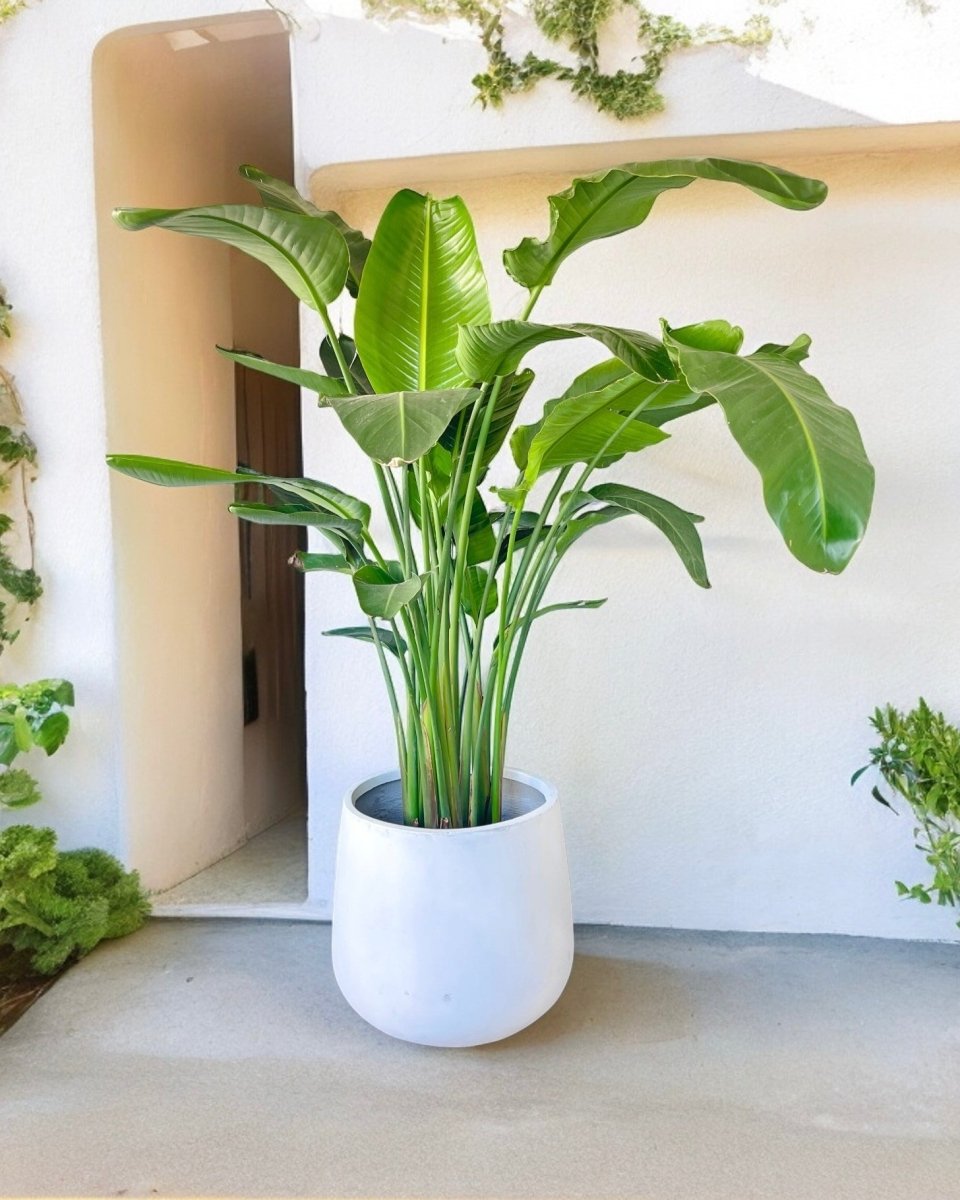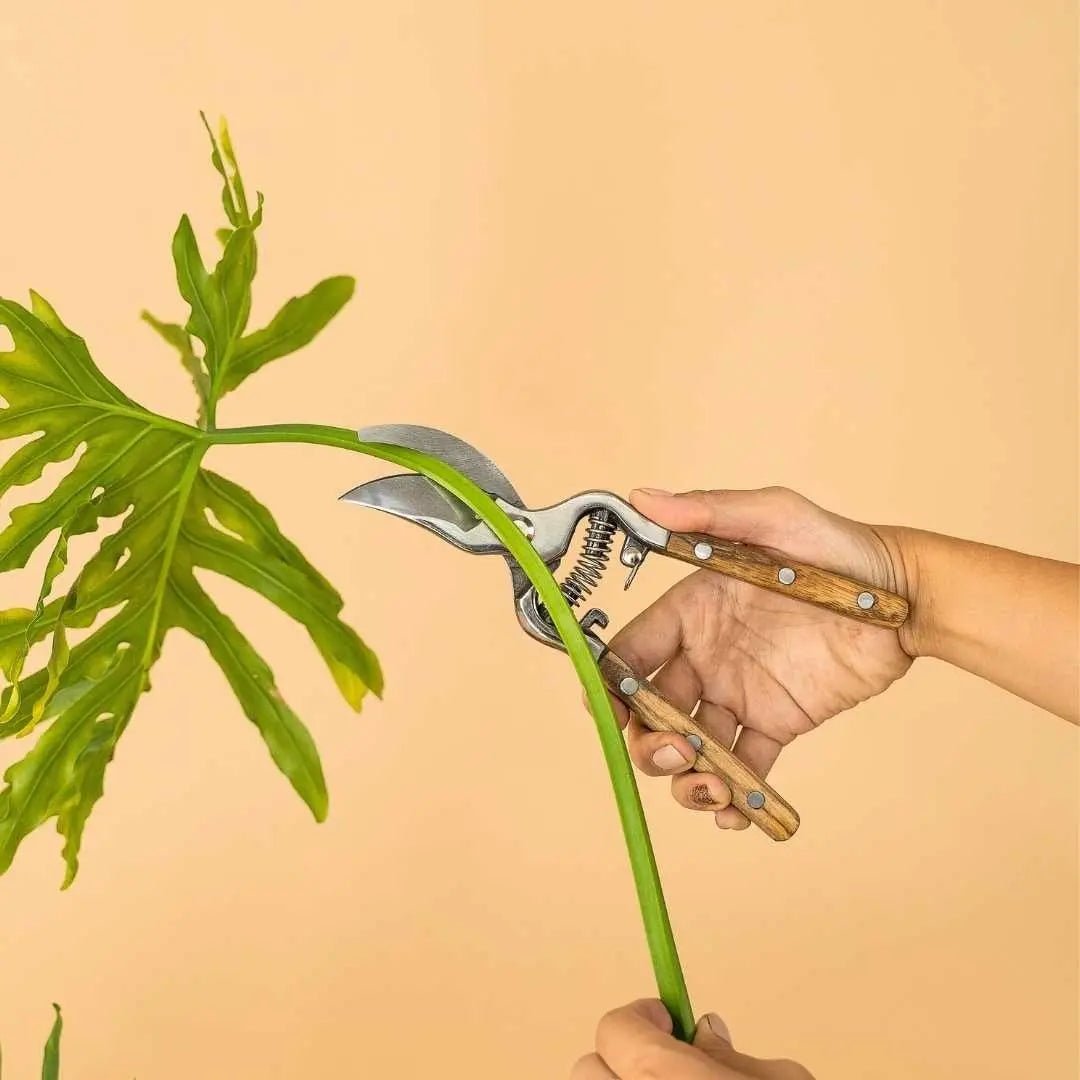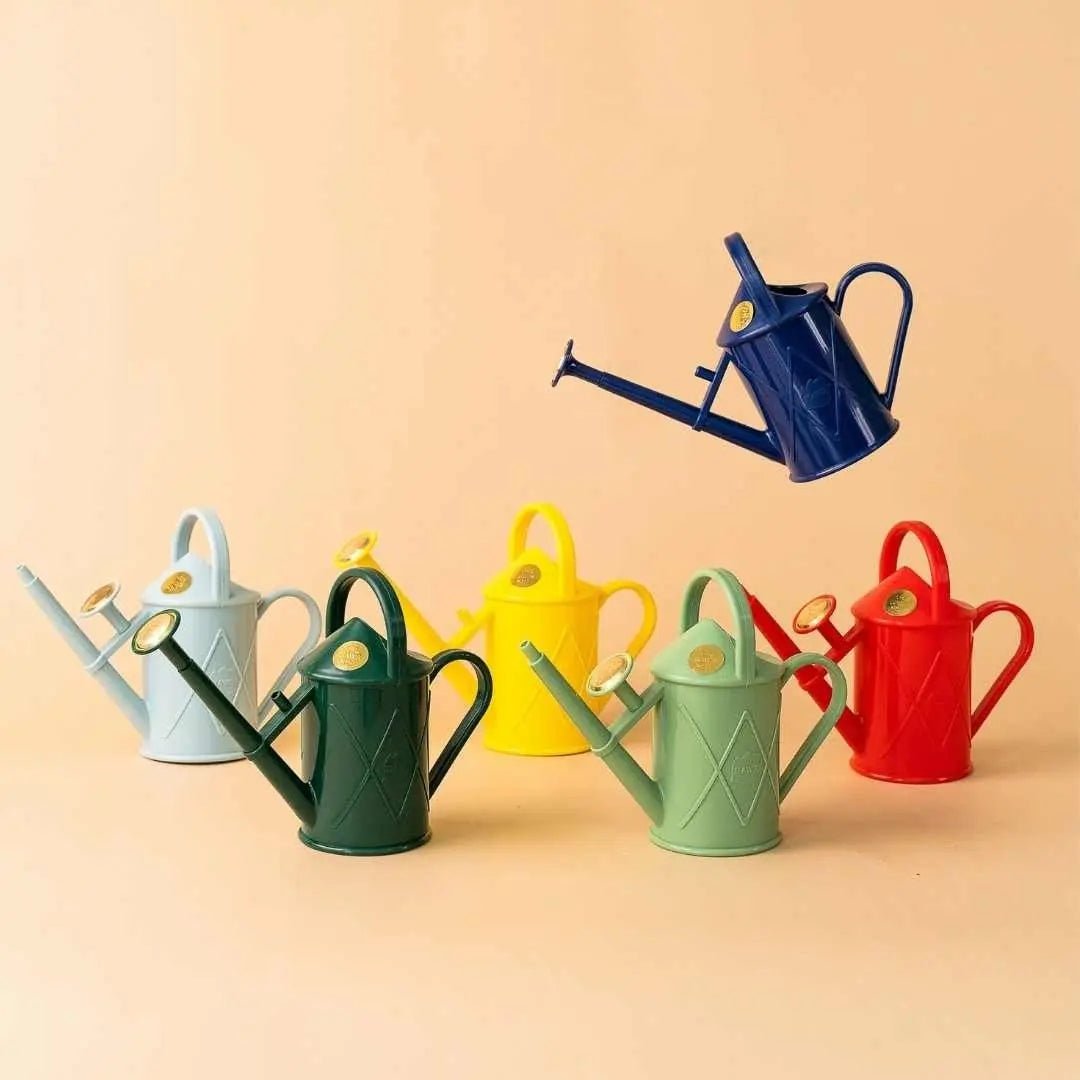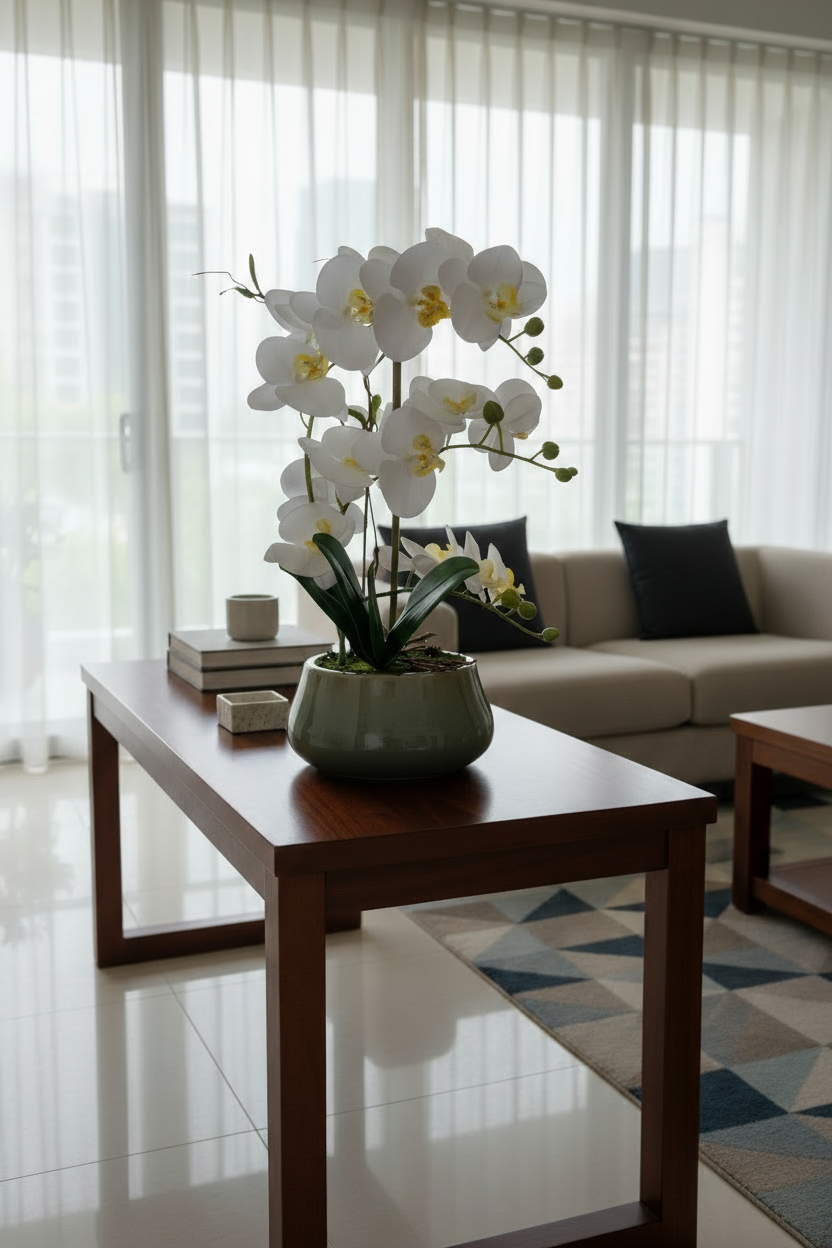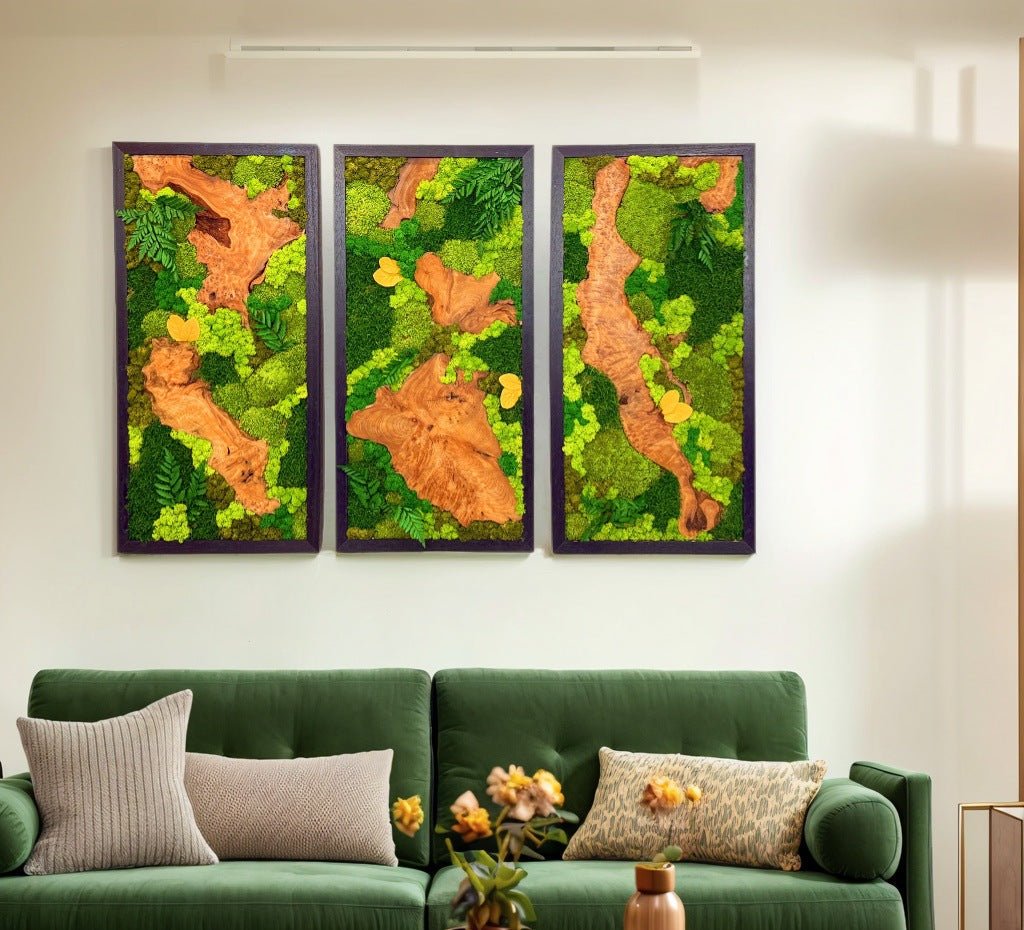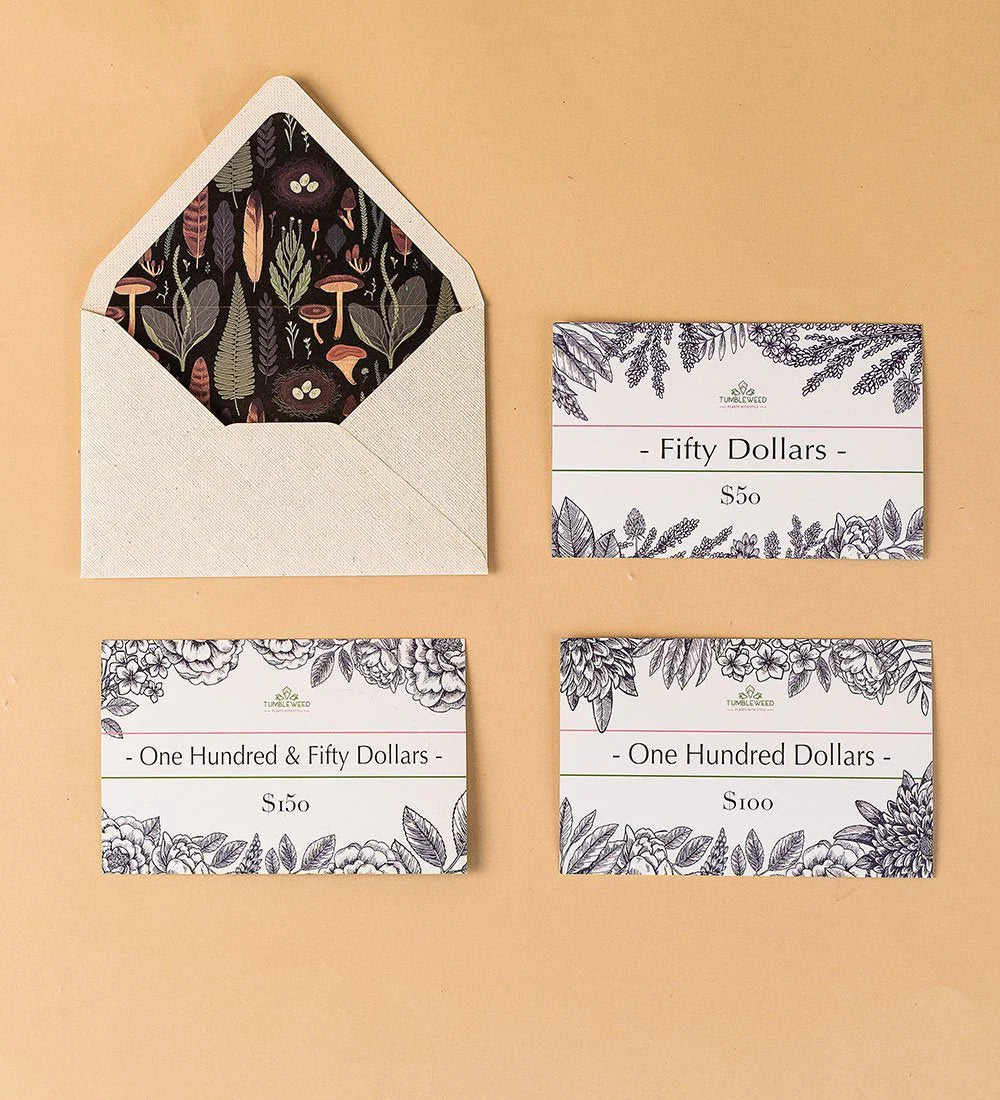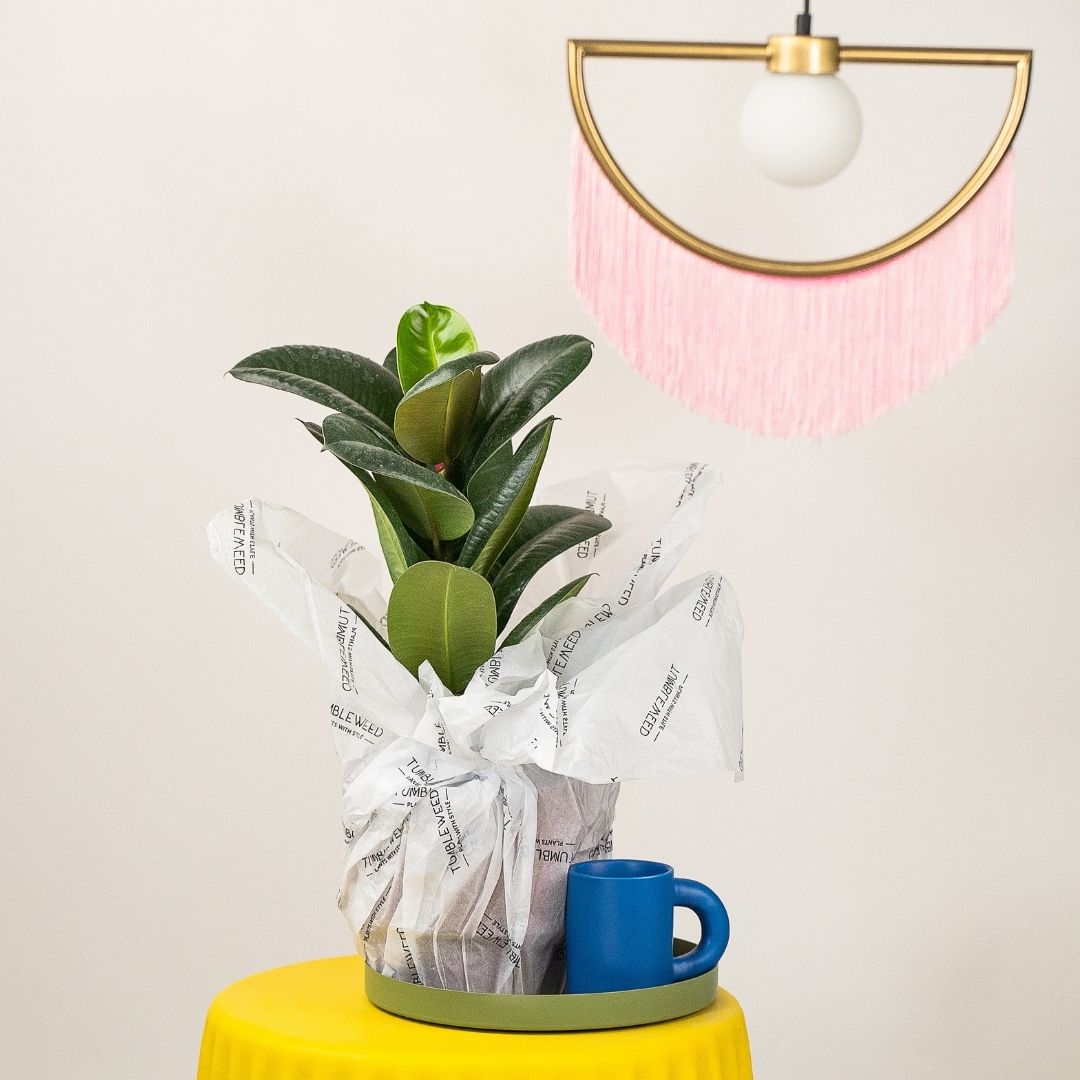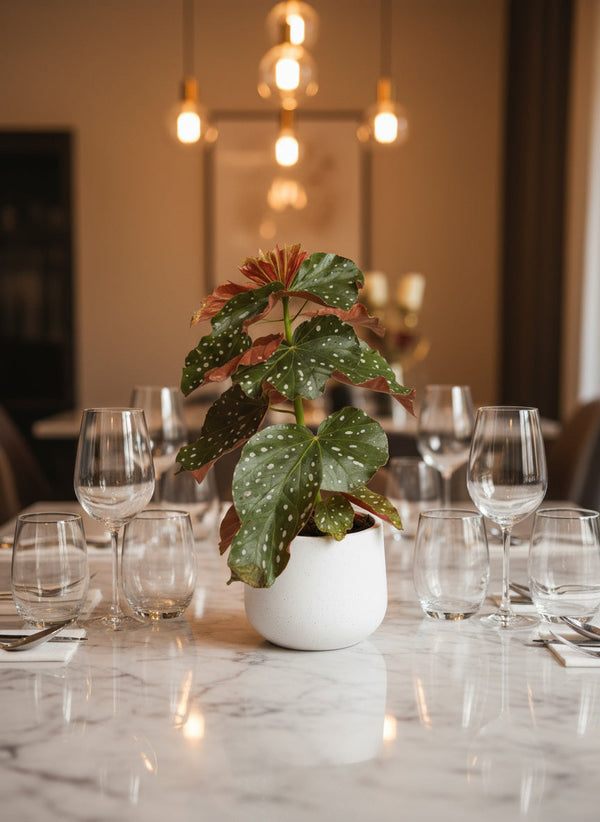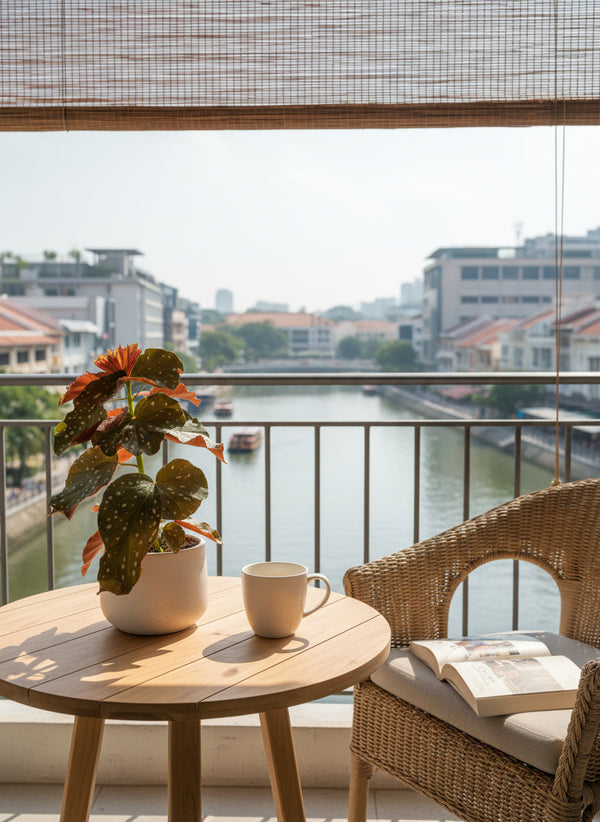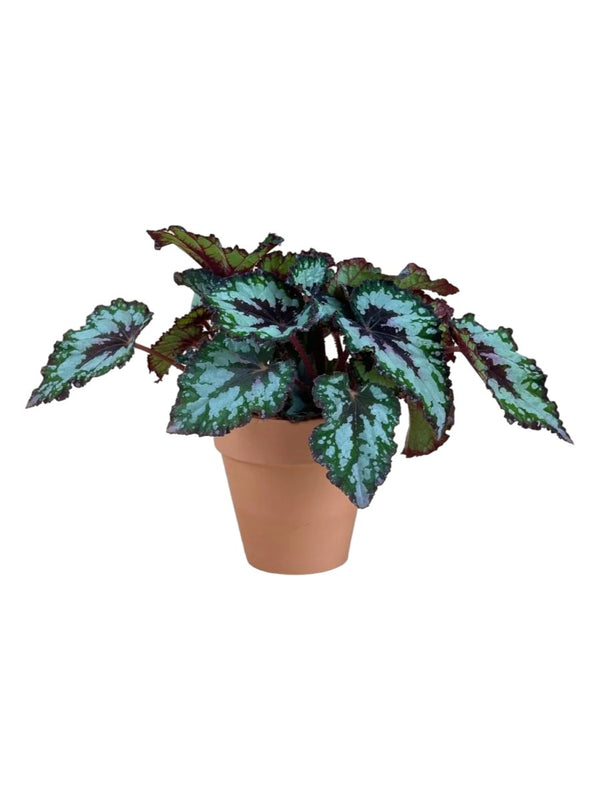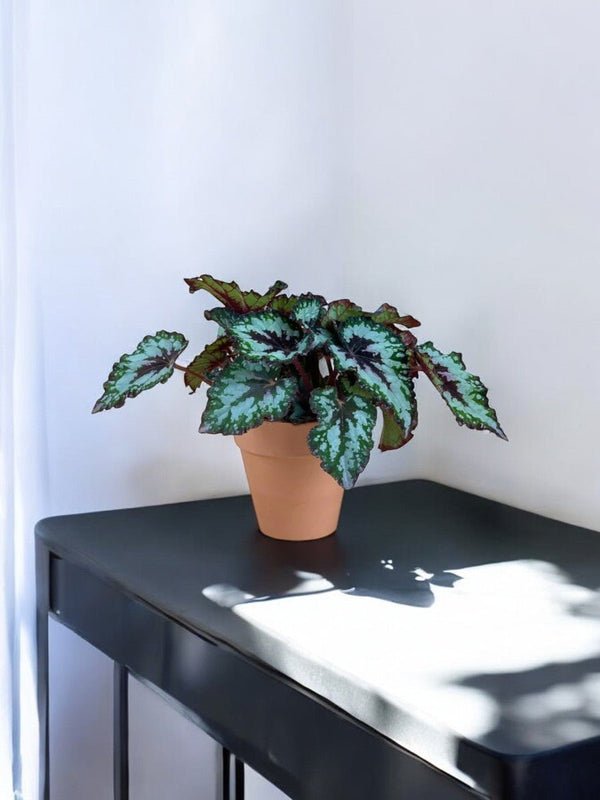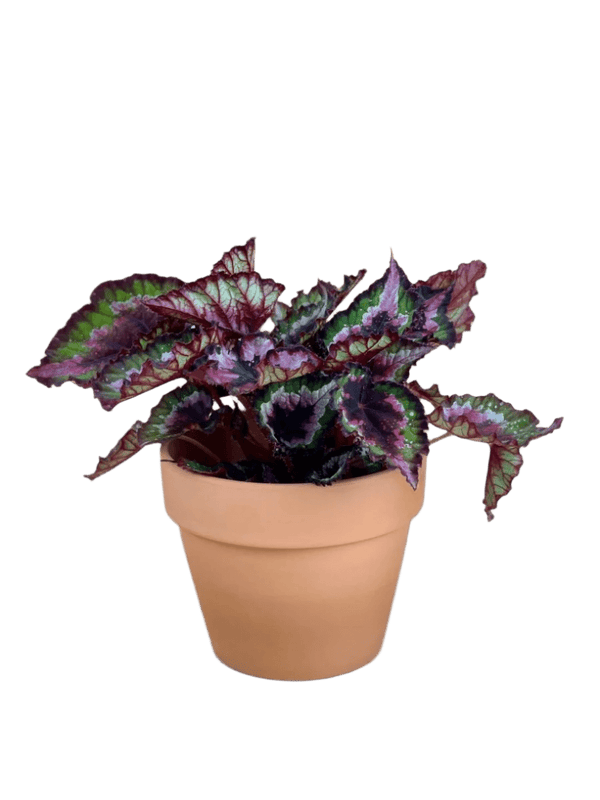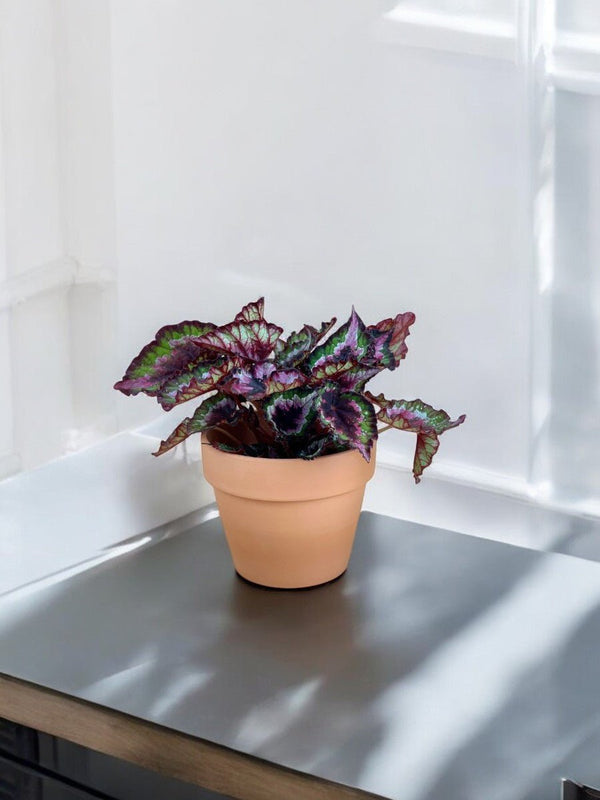Begonias are some of the most stunning, visually captivating plants you can grow indoors. Foliage begonias are known for their fancy and colourful leaves highlighted by unusual markings and swirls making them a unique plant to add to your collection.
CNY Break: we are away from 17-18th Feb.
Search plants, planters, garden accessories and more.
-
CNY Sale
-
Plants
-
Pots
-
Care
-
Decor
-
Gifts
-
Services
-
Business
Free Delivery Above $99 | Shop Now
What's New
-
 Hello 2026! Up to 25% off→
Hello 2026! Up to 25% off→ -
 🎁 Corporate Gifts! 🎁→
🎁 Corporate Gifts! 🎁→ -
 Transform your space with our Plant Styling Services!→
Transform your space with our Plant Styling Services!→ -
 Low Light Corner?→
Low Light Corner?→ -
 Login to Earn & Redeem Points!→
Login to Earn & Redeem Points!→ -
 🎉 Making buying plants easy! 🎉→
🎉 Making buying plants easy! 🎉→
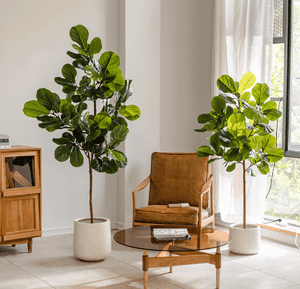
Hello 2026! Up to 25% off
Upgrade your decor now! Automatic tiered discounts mean bigger savings on plants, planters & more. Watch your progress bar fill up as you shop! Sale ends soon.
Shop Plants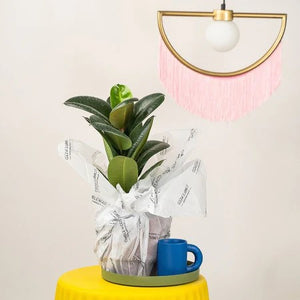
🎁 Corporate Gifts! 🎁
Planning corporate gifts for the festive season? Make a lasting impression with our premium plant gifts! Perfect for clients, partners, or employees, our curated selection of plants is both meaningful and elegant. Choose from a variety of options that fit any budget. Order now and ensure your corporate gifts are delivered in time for the celebrations.
Bulk Gifting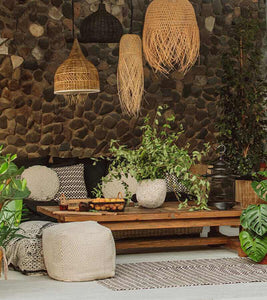
Transform your space with our Plant Styling Services!
Looking to refresh your space for the year-end festivities? Elevate your home decor with our Plant Styling service! Whether it’s a cozy corner or a grand living room, our expert tips will help you transform your space into a green oasis. Perfect for setting the holiday mood! Get inspired and start styling your space with our premium plant collections.
Start your Project
Low Light Corner?
No worries! Our Plant Lights are here to help your plants grow! Specially designed and made for houseplants.
Shop Lights
Login to Earn & Redeem Points!
Login and automatically enrol into our Rewards program, earning you points, and get exclusive deals and discount
Login Now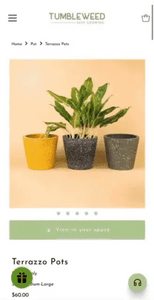
🎉 Making buying plants easy! 🎉
We have made buying plants even easier, with our customer service team, equipped to provide you with a plant recommendations. Hit us up on our chat channels to get started!
Shop NowFree delivery above 99SGD
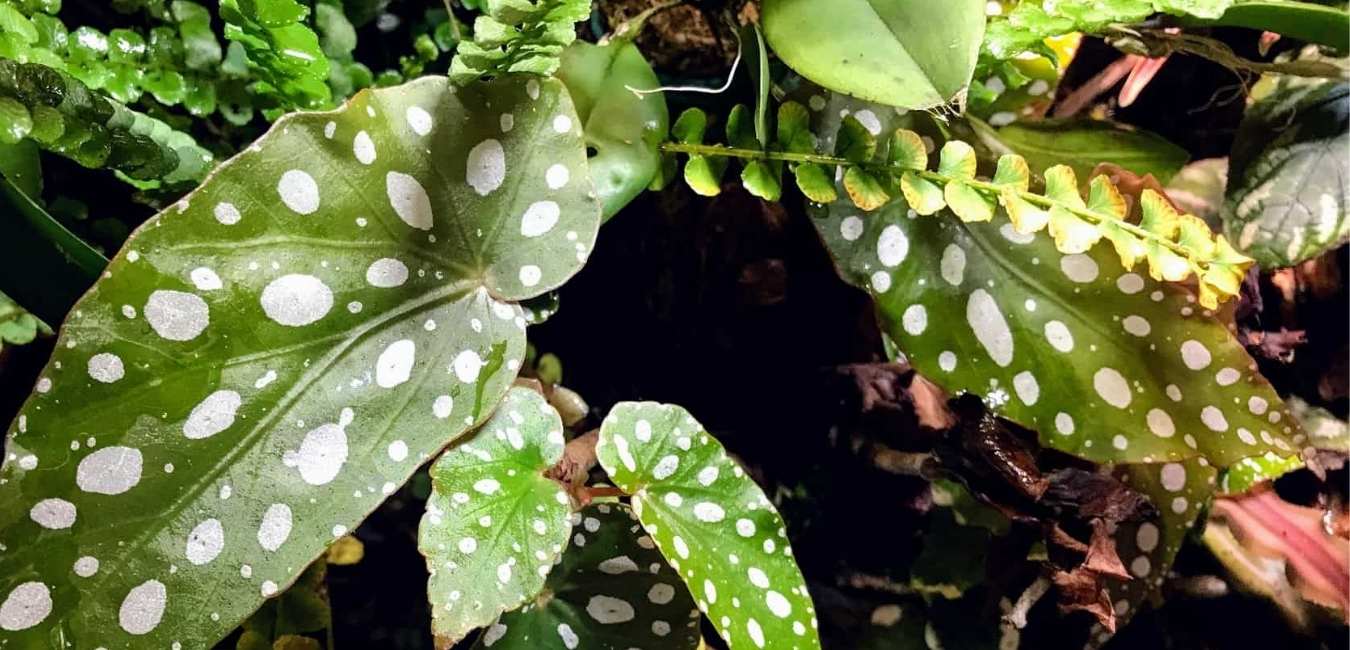
Begonia: Information and Plant Care Guide
Varieties from our listing
Interested to buy a plant from this group?
See what we have available HERE
Below is a general care guide for foliage Begonia plants which can slightly differ depending on variety.
Light & Temperature
Foliage begonias thrive best in warm temperature. They prefer bright indirect light. If leaves appear scorched, relocate your plant to a less sunny area.
As an alternative, they also progress well under grow lights. Place your begonia away from heater vents so that dry air will not blow directly on it.
Watering, Humidity & Misting
The soil of your begonia should be slightly moist at all times, but not too wet as it is susceptible to root rot. Allow the topsoil to dry out between waterings. If you are unsure, it is better to err on the side of caution and wait until the leaves begin to droop slightly, a sign that the plant is thirsty and is due for watering.
Begonias also require high humidity. Placing them in the bathroom or kitchen where there’s more moisture in the air will benefit the plant. Although misting can boost humidity, begonias are prone to mildew and will do better by setting them on a shallow tray filled with pebbles and water.
Soil and Repotting
Begonia plants love evenly moist, well-draining soil with some added organic matter.
To keep the plant at a manageable size, repot begonias in a pot one size larger only when the pot becomes rootbound.
Propagation
Begonias propagate well from leaf cuttings. A young plant will sprout from tissue along the leaf veins and then root into compost. Simply separate each of the new plant from the mother leaf or transplant them as a group for a bushier plant.
Fertiliser
Use a balanced fertiliser formulated for houseplants. Follow the directions on the label of our Down to Earth. organic plant food.
Toxicity
Begonias are toxic if ingested and should be kept out of the reach of children and pets. The tubers are the most poisonous part of the plant.
Possible Issues
Under the right care and conditions, your plant will grow happy and healthy. But here are some issues you may encounter while caring for a Begonia:
Mealybugs, mites, thrips and whitefly - A good deterrent is keeping the humidity high.
Powdery mildew - Keep the leaves dry.
Yellow leaves and stem or rhizome rot - This is caused by overwatering. Adjust your watering schedule of your Begonia.
Brown leaf edges - This is usually caused by dried out soil. Give it a good soak by bottom watering.
- Regular Price
- $25.00
- Sale Price
- $25.00
- Regular Price
- $50.00
- Unit Price
- /per
- Regular Price
- $20.00
- Sale Price
- $20.00
- Regular Price
- $31.00
- Unit Price
- /per
- Regular Price
- $20.00
- Sale Price
- $20.00
- Regular Price
- $31.00
- Unit Price
- /per
- Regular Price
- $39.00
- Sale Price
- $39.00
- Regular Price
- Unit Price
- /per
TumbleweedPlants.com
Live Chat 💬
Whatsapp:+65 80561106
getintouch@tumbleweedplants.com
514 Chai Chee Lane (Office & Warehouse)
-Strictly not open to walk-in
Company
Helpful Links
Join Our Community
Join 40,000+ plant lovers and get care tips & inspiration.
About
TumbleweedPlants.com is an independent plants retail brand, established in Singapore in 2016. We make stylish indoor plants easy and accessible to all with great looking houseplant varieties, the biggest selection of planters and indoor plant care essentials delivered to your door.
Shop with confidence from the Best Plant Home Decor Online Store Today!


